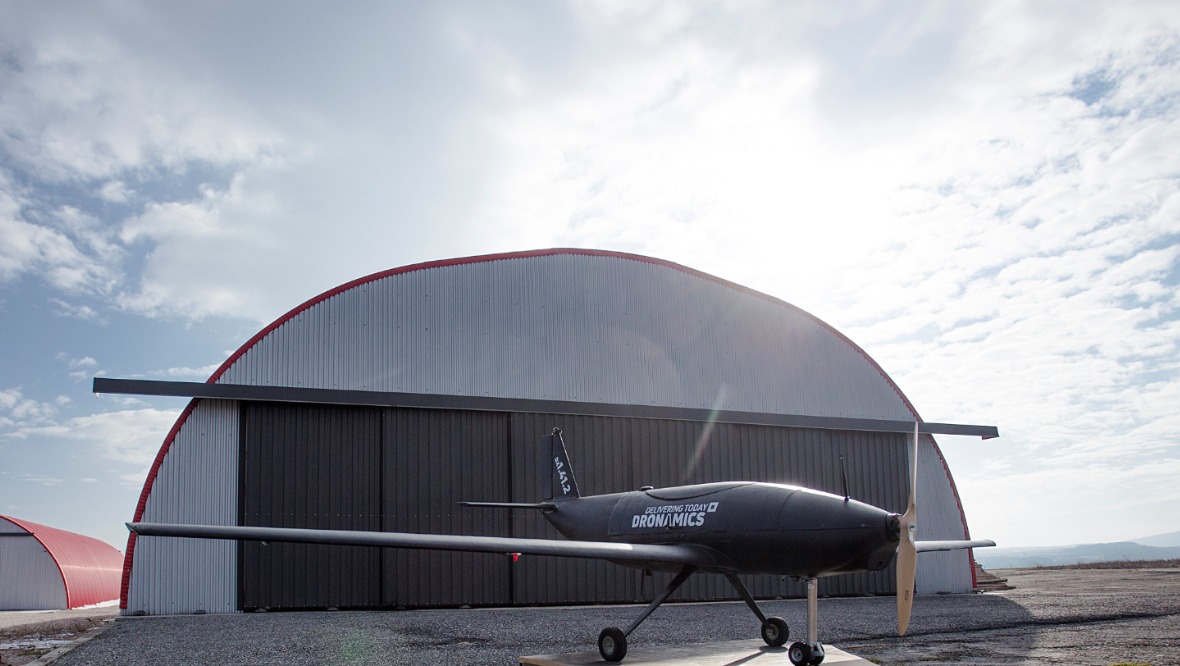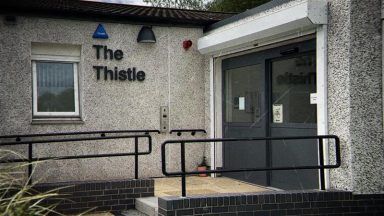A new project has been launched which aims to create the UK’s first drone distribution network for medical supplies.
The consortium will be led by AGS Airports, which owns and manages Aberdeen, Glasgow and Southampton airports, and involve 14 organisations including the University of Strathclyde.
The network will use drones to transport essential medicines, blood, organs and other medical supplies throughout Scotland.
The project has already secured £1.5m from the UK Industrial Strategy Future Flight Challenge Fund to demonstrate how autonomous drone technology can enhance access to essential medical supplies, particularly in rural parts of Scotland.
The CAELUS (Care & Equity – Healthcare Logistics UAS Scotland) project started on December 1 and will involve live drone flight trials.
In addition to developing the ground infrastructure needed to recharge drones and the systems to control them while flying, a key aspect of the project will be designing pathways to ensure they can safely share airspace with civil aviation.
The project will also consider public safety, security and noise levels.
A digital blueprint of the drone delivery network will then be created with the potential to connect hospitals, pathology laboratories, distribution centres and GP surgeries across Scotland.
In a separate project last May, Skyports staged a two-week trial in partnership with NHS Highland using drones to assist with medical deliveries.
On the new network, Derek Provan, chief executive of AGS Airports, said: “This project has the potential to completely revolutionise the way in which healthcare services are delivered in Scotland.
“Not only does drone technology have the ability to speed up the delivery of critical medical supplies, it could reduce waiting times for test results and, more importantly, help provide equity of care between urban and remote rural communities.
“The organisations within this consortium are some of the most skilled and experienced in drone technology.
“The funding from UK Industrial Strategy will allow us to work together to overcome some of the challenges associated with scaling drone operations to deliver a transport network that is technically, socially and financially viable.
“Although our focus is on healthcare, the CAELUS project could pave the way for the deployment of drone-enabled logistics in other sectors and has the potential to change the way airspace is used by manned and unmanned vehicles.
“It also has clear environmental benefits as it will play a key role in reducing the carbon emissions generated by existing, road-based distribution networks within Scotland.”
Economy secretary Fiona Hyslop said: “This innovative project will help position Scotland at the forefront of drone technologies to deliver essential healthcare supplies to people more quickly, especially those living remote locations.
“It also demonstrates, once again, that when businesses, universities and public sector work together, they can deliver for Scotland and outperform the competition, attracting welcome funding at this challenging time.”
Prof Sir Jim McDonald, principal and vice-chancellor of the University of Strathclyde, said: “The project aligns with our health technologies research cluster and our long track record of working with industry and the public sector.
“We look forward to demonstrating the potential value of drone delivery of medical supplies for the public, NHS, the economy, social equality and for the aviation manufacturing industry in Scotland.”
Follow STV News on WhatsApp
Scan the QR code on your mobile device for all the latest news from around the country


 Email
Email




















